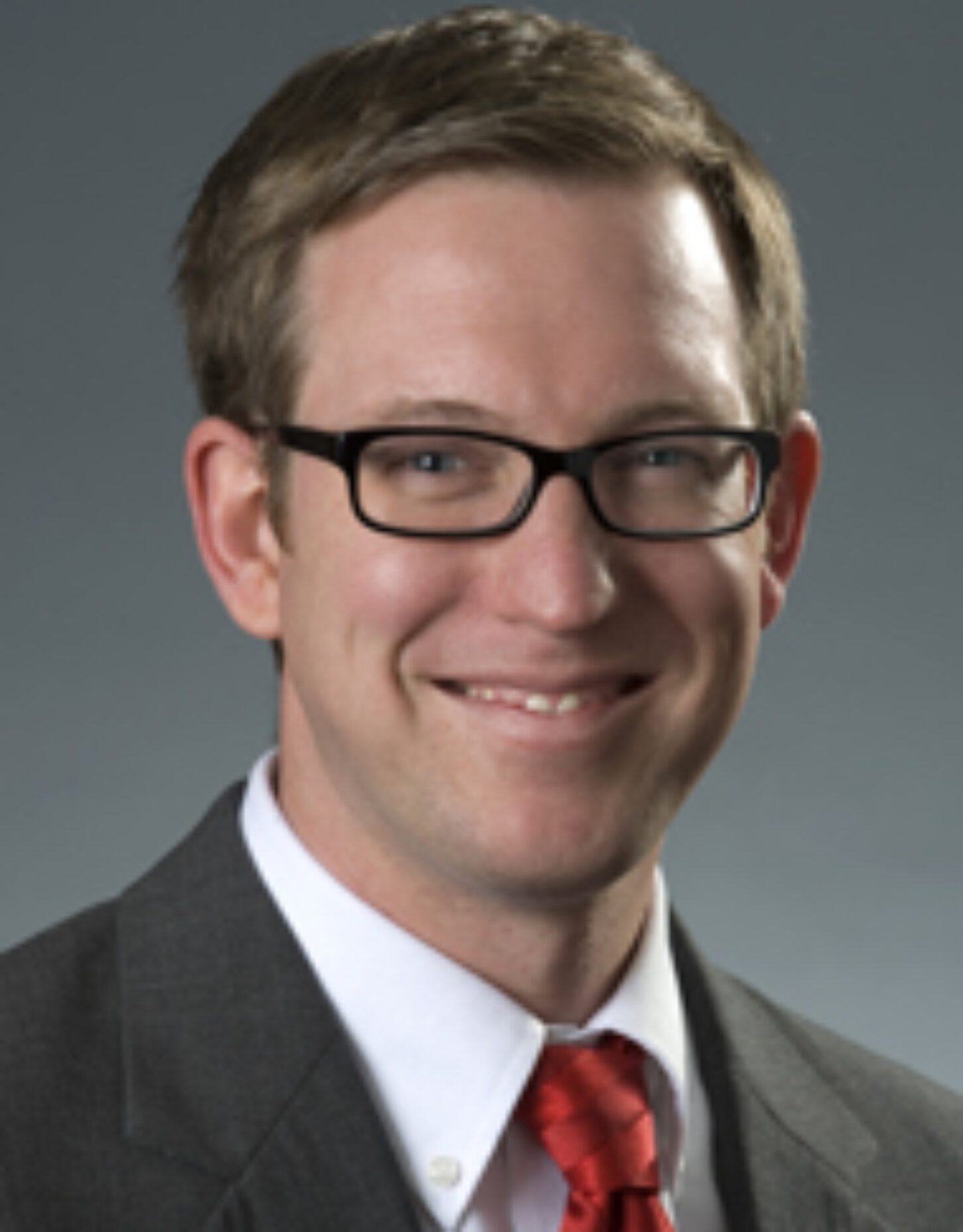
By Eric Wearne

In 1988, Isaac Asimov was interviewed on PBS, and made some truly futuristic pronouncements about online learning (though he didn’t call it that at the time). For example, Asimov argued that, “Nowadays what people call learning is forced on you, and everyone is forced to learn the same thing on the same day at the same speed…,” and, he added, “Now, there’s the possibility of a one to one relationship for the many.”
Twenty-five years later, we are still trying to catch up with some of Asimov’s ideas. Inside Higher Education reports on a new survey showing that while the growth of online learning has slowed, it hasn’t yet plateaued. According to IHE, “more than seven-in-10 public and for-profit colleges are now offering full academic programs (as opposed to merely freestanding courses) online, far more than were doing so a decade ago. Nearly half of private nonprofit colleges are offering fully online programs, about double the number that were doing so in 2002.”
In addition:
- Nearly seven-in-10 chief academic leaders (69.1 percent) now say that online learning is critical to their long-term strategy. And just 11.2 percent say it is not.
- More than three-quarters (77.0 percent) of chief academic officers (CAOs) rate the learning outcomes in online education as the same or superior to those in face-to-face courses, up from 57.2 percent when Babson first asked the question in 2003.
- Less than one third (30.2 percent) of CAOs believe that faculty members on their campuses accept the value and legitimacy of online education — lower than the rate in 2004.
Granted, these final results are for chief academic officers talking about their faculty members, not for the faculty members answering for themselves. Still, they draw an interesting contrast between current perceptions and Isaac Asimov’s opinion.
Those results discuss standard online courses for credit. On massive open online courses (MOOCs), the survey reports the following as “the evidence”:
- Only a very small segment of higher education institutions are now experimenting with MOOCs with a somewhat larger number in the planning stages. Most institutions remain undecided.
- Only 2.6 percent of higher education institutions currently have a MOOC, another 9.4 percent report MOOCs are in the planning stages.
- The majority of institutions (55.4 percent) report they are still undecided about MOOCs, while under one-third (32.7 percent) say they have no plans for a MOOC.
- Academic leaders remain unconvinced that MOOCs represent a sustainable method for offering online courses, but do believe they provide an important means for institutions to learn about online pedagogy.
- Academic leaders are not concerned about MOOC instruction being accepted in the workplace, but do have concerns that credentials for MOOC completion will cause confusion about higher education degrees.
The market for MOOCs is constantly and rapidly evolving and is currently being led by a private company, Coursera (in partnership with several universities), with several other private companies (Udacity, Marginal Revolution University) and many top universities (including the edX group and others) also trying to succeed on their own.
So far, no one has quite figured out the best pedagogical approach, but no one has figured out the best (or, really any) way to monetize free online education either. The answers are murky, but surely we will take fewer than 25 more years to figure them out.
(Eric Wearne is an Assistant Professor at the Georgia Gwinnett College School of Education. Previously he was Deputy Director at the Georgia Governor’s Office of Student Achievement.)